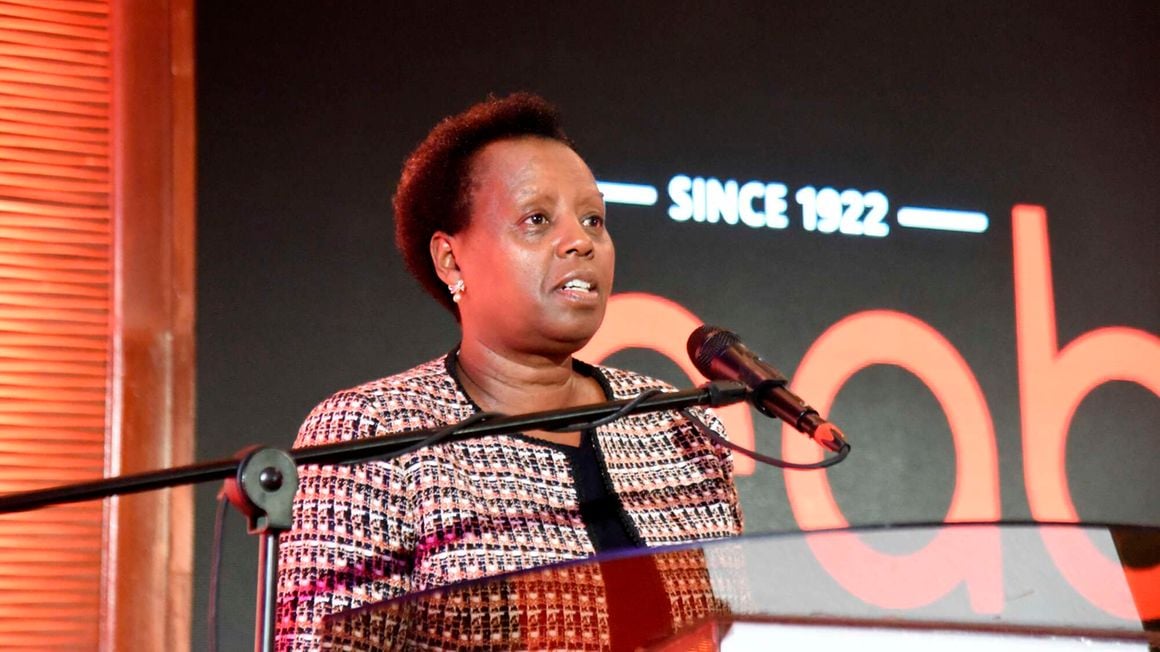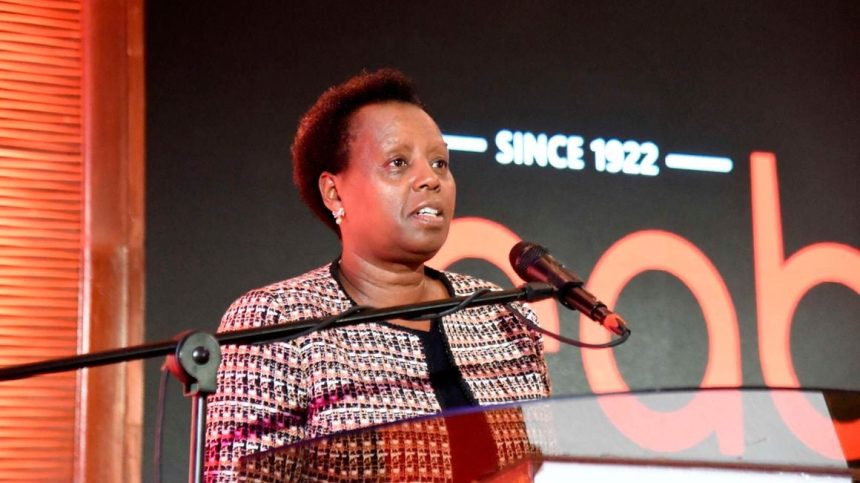East Africa Breweries Plc (EABL) is set to receive Sh1.1 billion on the reversal of overpaid income taxes incurred in 2020.
The alcoholic beverages manufacturer says the refund is part of the Sh4 billion excess tax that was paid in advance of what turned out to be a lower-than-projected pre-tax profit in the period.
So far, the company says, it has received Sh2.9 billion in refunds after an audit by the Kenya Revenue Authority (KRA).
“We will receive the refund when KRA completes the audit of our books. However, we’ve already received Sh2.9 billion in the ongoing audit after the verification of the overpaid taxes,” EABL chief finance officer Risper Ohaga told the Business Daily.
EABL’s refund requests have been allowed under last year’s amendment to the Tax Procedures Act where taxpayers can apply for overpaid tax, including overpaid instalment tax.
The refund largely takes the form of offsets against future tax liabilities after which any other excess tax outstanding attracts interest and penalties.
KRA’s commissioner-general has 90 days to determine the application for refund during which it undertakes an audit ascertaining whether an overpayment exists or not.
Taxpayers are allowed to appeal the audit via the Tax Appeals Tribunal.
The clearing of refunds on overpaid taxes is envisioned as addressing cash-flow challenges for businesses with tax overpayments.

“Taxpayers have an option of having the overpaid tax including overpaid instalment tax, applied against future liabilities instead of waiting for two years for a refund,” tax analysts at KPMG stated.
“The inclusion of a 90-day limit for the commissioner to review and determine the application will provide the much-needed certainty to taxpayers. Additionally, this will alleviate taxpayers’ cash flow constraint and ease the cost of doing business.”
Recent changes to the Tax Procedures Act and through the 2023 Finance Act have shortened the period of payment for tax refunds to just six months.
In the year ended June, EABL had an income tax expense of Sh6.38 billion, a drop from Sh8.44 billion a year earlier.
During the review period, the manufacturer invested Sh12.9 billion into long-term projects including the expansion of its brewery capacity in Moshi, Tanzania and in Uganda.
The capital expenditure was partly funded through debt resulting in a 41 percent rise in borrowings to Sh51 billion from Sh36 billion previously.



